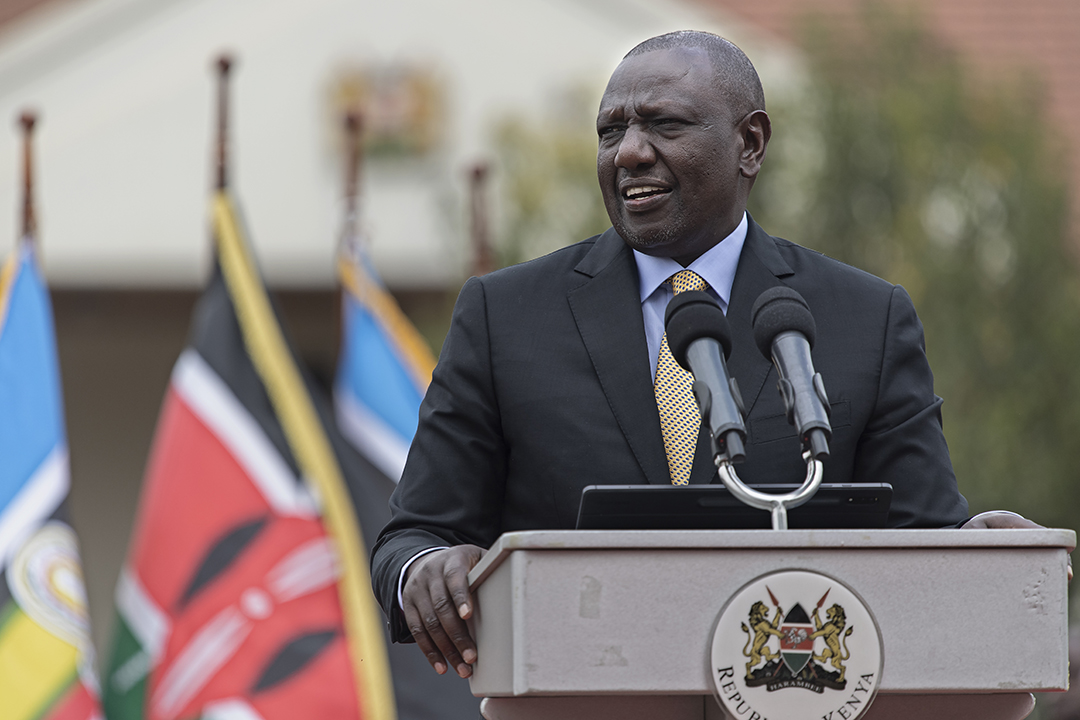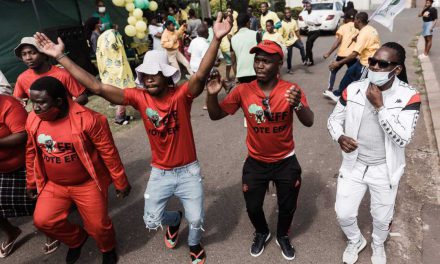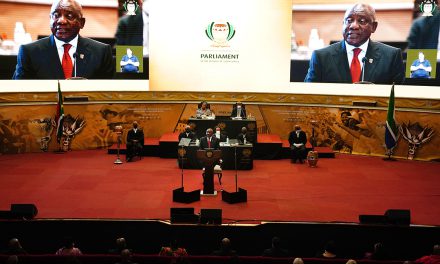On 5 September, Kenya’s supreme court upheld results declaring William Ruto the winner of August’s presidential elections. The fifth time was still not a charm for Raila Odinga as he challenged his presidential election loss through the supreme court.

Kenyan President elect, William Ruto, at his official residence following a Supreme Court of Kenya ruling on the contested outcome of Kenya’s presidential election, Nairobi, on September 5, 2022. Kenya’s Supreme Court on September 5, 2022 upheld William Ruto’s victory in the August 9 presidential election, ending weeks of political uncertainty and delivering a blow to challenger Raila Odinga who had alleged fraud in the poll. Photo: Tony KARUMBA/AFP
He raised similar grievances after the last three elections in 2007, 2013 and 2017. Again, as he did after his previous electoral losses, he blamed his downfall on electoral malfeasance and rigging. In 2007, protests triggered violence that claimed more than 1 200 lives and in 2017 more than 100 lives were lost.
In 2017, the supreme court’s ruling made Kenya the first African country to nullify a sitting president’s win on procedural grounds. Uhuru Kenyatta was forced to hold a re-run, which he won, thanks in part to Odinga boycotting it.
After the Independent Electoral and Boundaries Commission’s (IEBC) announcement, Ruto was declared the winner with 50.49% of the vote against Odinga’s 48.85%. In an unexpected reaction, four members of the IEBC rejected the results, declaring the tallying “opaque”. Odinga, hoping to seize the opportunity, later disputed the results in the supreme court alleging several electoral irregularities.
After the verdict was announced, fear spread about the possibility of spiraling violence as was experienced in 2007 and 2017 after the contested results. Odinga tweeted shortly afterwards that he would respect the court’s decision. This action is thought to have helped to ease fears about violence erupting.
However, true to his stubborn nature, and to be seen as a statesman, he questioned the court’s ruling stating: “We have always stood for the rule of law and the constitution. In this regard, we respect the opinion of the court although we vehemently disagree with their decision today.”
The supreme court unanimously rejected Odinga’s claims and upheld the results announced by the IEBC. Chief Justice Martha Koome, in the judgment, declared the court had found no evidence of tampering of results through hacking and that the “IEBC carried out the verification, tallying and declaration of results in accordance with the provided constitutional law”.
Odinga’s legal team had asked the court to either declare him the winner or order a re-election.
Ruto is expected to be sworn in on 13 September.
This article was originally published in the Mail and Guardian on 5 September 2022.










